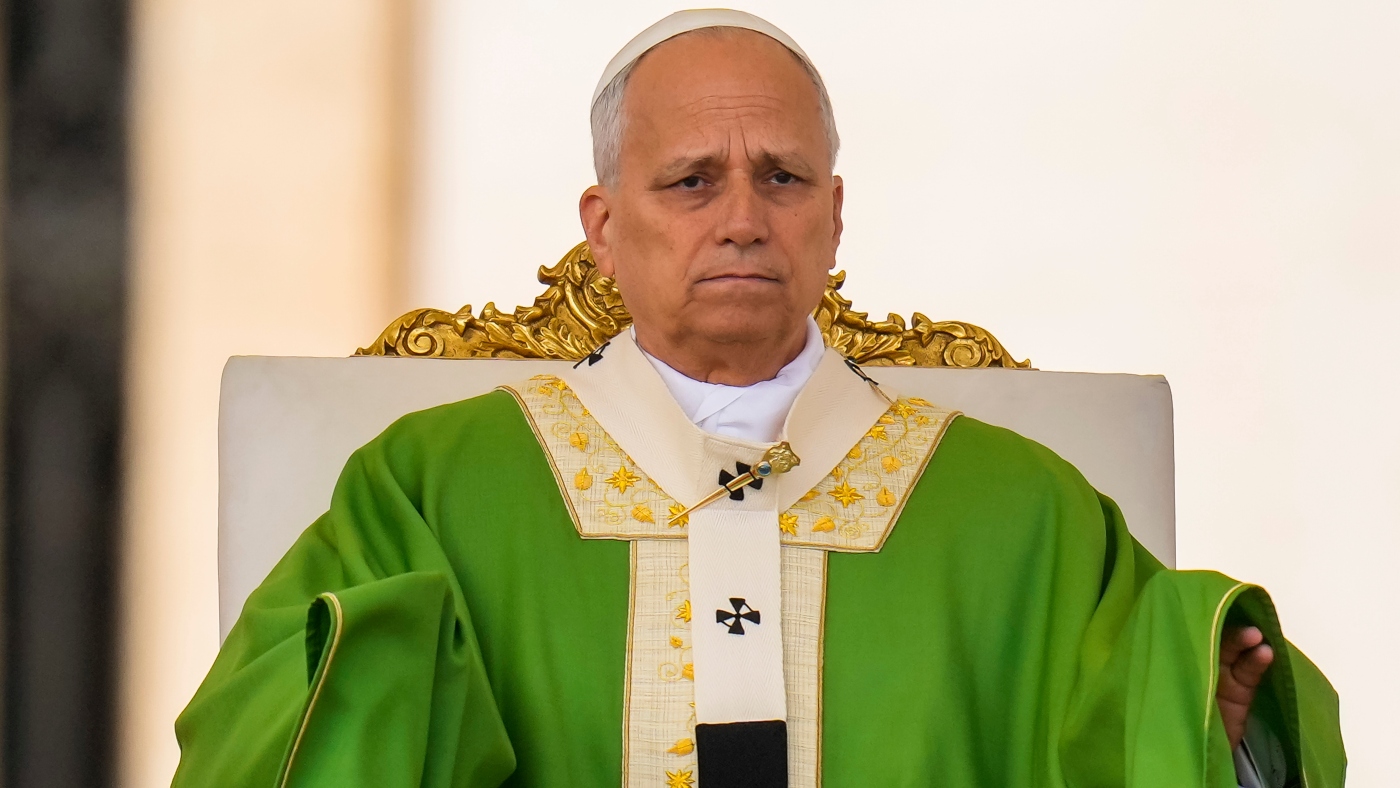In recent days, President Donald Trump and administration officials have discussed the prospect of issuing $2,000 checks to Americans, funded by tariffs he has imposed around the world.
But don't count on it. The measure is unlikely to gain enough support among Republicans, who are wary of stimulating higher prices if a surge of federal dollars is pumped into the economy. Former President Joe Biden faced the same problem shortly after taking office in 2021, when he signed a $1.9 trillion stimulus plan that included $1,400 checks for most Americans.
A senior White House aide on Tuesday opened the door to sending checks unilaterally but also acknowledged that Congress has jurisdiction over the appropriation of government funds.
“We will try our best to see if there is a way to do this without Congress, because we are wary of Congress wanting to stop [them]”- White House Deputy Chief of Staff James Blair. Bloomberg told the government. “The law is the law. I think the most likely outcome is that it will require an act of Congress.”
Republicans suffered landslide defeats in several state elections earlier this month, prompting greater attention to issues of affordability and cost of living. That prompted Trump to introduce direct payments, which he said could be implemented sometime in mid-2026.
This is not the first time he has recommended government-funded checks to Americans. In February, Trump toyed with the idea of a “DOGE dividend” that would direct payments to Americans based on savings identified by Tesla CEO Elon Musk's Department of Government Efficiency.
Before this Trump endorsed checks for $2,000 Americans during the pandemic at the end of 2020. Republicans in Congress quickly squashed the idea as a costly failure.
In addition to worsening inflation, Republicans are generally skeptical about increasing the national debt through new social spending. But senior members of the Republican Party are enthusiastic about the idea as Trump pushes it. “James Blair and I will have an intense discussion about this,” Speaker Mike Johnson said on Tuesday. “We collaborate on strategy all the time, but this idea I think makes sense.”
The cost of the program depends on the volume, in particular on the established income threshold.
Committee for a Responsible Federal Budget projected that the direct payments would cost at least $600 billion if they resemble the pandemic checks of five years ago.
The obstacles for the White House are not limited to the legislative branch. The Supreme Court will issue a decision in December that will determine whether most of Trump's global tariffs are legal. If this decision goes against Trump, the Supreme Court will stop the idea.








